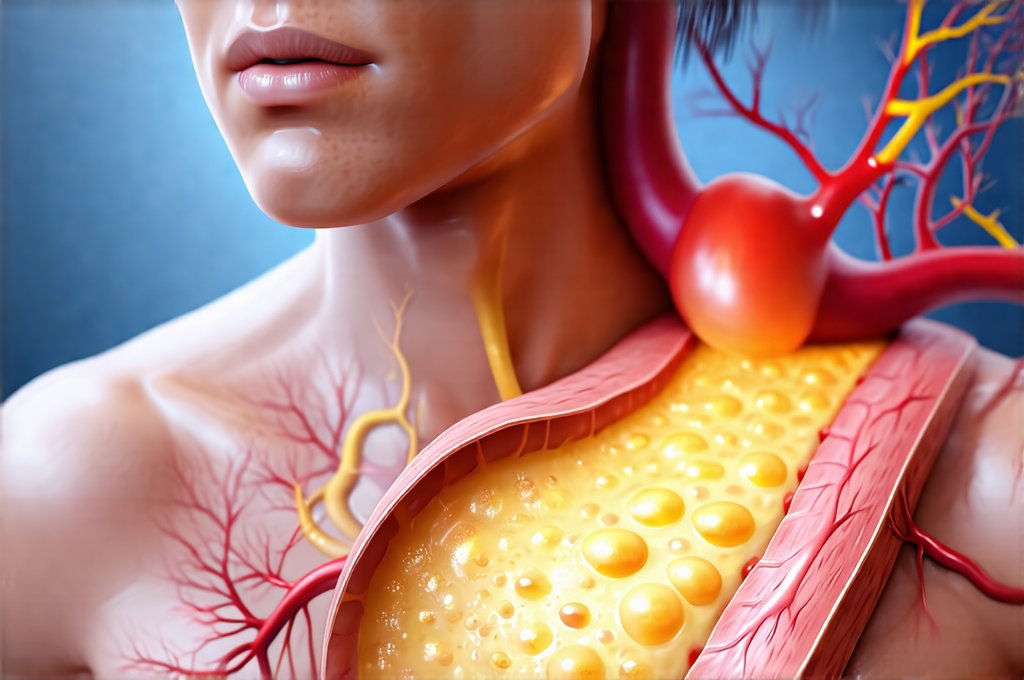Acid reflux, characterized by a burning sensation in the chest often rising towards the throat (heartburn), is a surprisingly common experience. Many people attribute it to dietary choices – spicy foods, caffeine, large meals – and while these certainly can be triggers, they aren’t always the root cause. For a significant number of individuals, particularly women, acid reflux isn’t just about what you eat; it’s deeply intertwined with when you experience it in relation to natural shifts happening within your body – hormonal fluctuations. This connection often goes unnoticed, leading to frustrating cycles of symptom management without addressing the underlying drivers.
Understanding this link between hormones and acid reflux is crucial for developing a more holistic approach to managing symptoms. Hormonal changes are a fundamental part of life, occurring throughout menstruation, pregnancy, perimenopause, menopause, and even daily fluctuations within a menstrual cycle. These shifts impact various bodily systems, including the digestive system, often leading to changes in lower esophageal sphincter (LES) function, gastric motility, and visceral sensitivity – all factors that contribute to acid reflux episodes. Recognizing this relationship can empower individuals to proactively manage their symptoms and potentially reduce reliance on constant medication.
The Hormonal Landscape & Esophageal Function
The lower esophageal sphincter (LES), a muscular ring at the bottom of the esophagus, is the primary gatekeeper preventing stomach acid from flowing back up into the esophagus. Its proper function relies heavily on hormonal balance. Estrogen, for example, plays a complex role. While it generally supports LES tone and healthy digestive processes, significant fluctuations – or declines as seen in perimenopause and menopause – can weaken this muscle’s ability to stay tightly closed. This weakening allows stomach acid to more easily reflux into the esophagus, triggering heartburn and other associated symptoms. Progesterone, another key hormone, also influences gastrointestinal motility; imbalances here can lead to slower digestion and increased pressure within the abdomen, exacerbating reflux.
The impact isn’t limited to estrogen and progesterone. Other hormones, such as cortisol (the stress hormone) and even thyroid hormones, play a role in digestive health. Chronic stress elevates cortisol levels, which can disrupt LES function and increase stomach acid production. Similarly, imbalances in thyroid hormones can affect the rate of digestion, contributing to either constipation or diarrhea – both potentially worsening acid reflux symptoms. It’s important to remember that hormonal interactions are rarely simple; they’re interconnected and often create a cascade effect throughout the body.
The digestive system itself has hormone-like substances called gut peptides which influence motility, secretion, and sensation. Hormonal fluctuations can impact these peptides, further disrupting normal digestive processes and increasing the likelihood of reflux. This creates a complex interplay where hormonal shifts don’t just directly affect LES function but also alter the entire gastrointestinal environment.
Menstrual Cycle & Acid Reflux
Many women notice a distinct correlation between their menstrual cycle phases and acid reflux symptoms. This is not coincidental. The cyclical changes in estrogen and progesterone levels throughout the month significantly impact digestive processes. – During follicular phase (from menstruation to ovulation), as estrogen rises, some women experience improved digestion and reduced reflux. – However, during the luteal phase (after ovulation until menstruation), when progesterone dominates, many report increased bloating, constipation, and a subsequent increase in acid reflux episodes. This is due to progesterone’s relaxing effect on the LES and slowed gastric motility.
The premenstrual period often brings heightened stress levels as well, which further elevates cortisol and exacerbates digestive symptoms. It’s common for women to experience more frequent or severe heartburn during this time. Furthermore, changes in appetite and dietary choices around menstruation – cravings for sugary or fatty foods – can also contribute to reflux. Recognizing these patterns within your cycle is the first step toward managing symptoms proactively. Tracking your cycles alongside your reflux episodes can reveal personalized triggers and help you anticipate periods of increased susceptibility. It may even be helpful to explore food sensitivity as a contributing factor.
Pregnancy & Gastroesophageal Reflux Disease (GERD)
Pregnancy presents a particularly strong link between hormonal changes and acid reflux. The dramatic increase in progesterone levels during pregnancy causes the LES to relax, making it easier for stomach acid to backflow into the esophagus. As the fetus grows, pressure on the stomach increases, further contributing to GERD symptoms. This is often compounded by nausea and vomiting (“morning sickness”) which can weaken the esophageal sphincter.
- Approximately 50-80% of pregnant women experience heartburn at some point during their pregnancy. – While generally considered a normal part of pregnancy, severe or persistent GERD should be discussed with a healthcare provider. It’s essential to differentiate between typical pregnancy discomfort and symptoms that might require medical attention. Dietary modifications, smaller more frequent meals, avoiding lying down immediately after eating, and elevating the head of the bed are common strategies for managing reflux during pregnancy. If you’re looking for ways to support your diet through this time, consider an acid reflux meal plan.
Perimenopause & Menopause: A Rising Tide of Reflux
As women transition into perimenopause and menopause, declining estrogen levels play a significant role in increasing acid reflux frequency and severity. Estrogen’s protective effect on the LES diminishes, leading to muscle weakening and increased risk of backflow. The reduction in estrogen also impacts gut health, potentially altering the microbiome and contributing to digestive imbalances.
The hormonal shifts during this time aren’t isolated; they often accompany other lifestyle changes – stress related to career or family, sleep disturbances, weight fluctuations – all of which can exacerbate reflux symptoms. Many women find themselves relying more heavily on over-the-counter medications as their GERD becomes chronic and persistent. It is vital to remember that managing acid reflux in perimenopause and menopause requires a holistic approach that addresses both the hormonal changes and lifestyle factors contributing to digestive distress. This may involve working with healthcare professionals to explore hormone replacement therapy (HRT) or other strategies for symptom management, alongside dietary adjustments and stress reduction techniques. It’s also worth considering if an enzyme deficiency could be contributing to digestive issues.
It’s important to reiterate that this information is intended for educational purposes only and does not constitute medical advice. If you are experiencing persistent acid reflux symptoms, it’s crucial to consult with a healthcare professional for proper diagnosis and personalized treatment recommendations. Self-treating can mask underlying conditions or delay appropriate care. Gut trouble can often be more complex than it appears, so seek professional guidance when necessary.


















